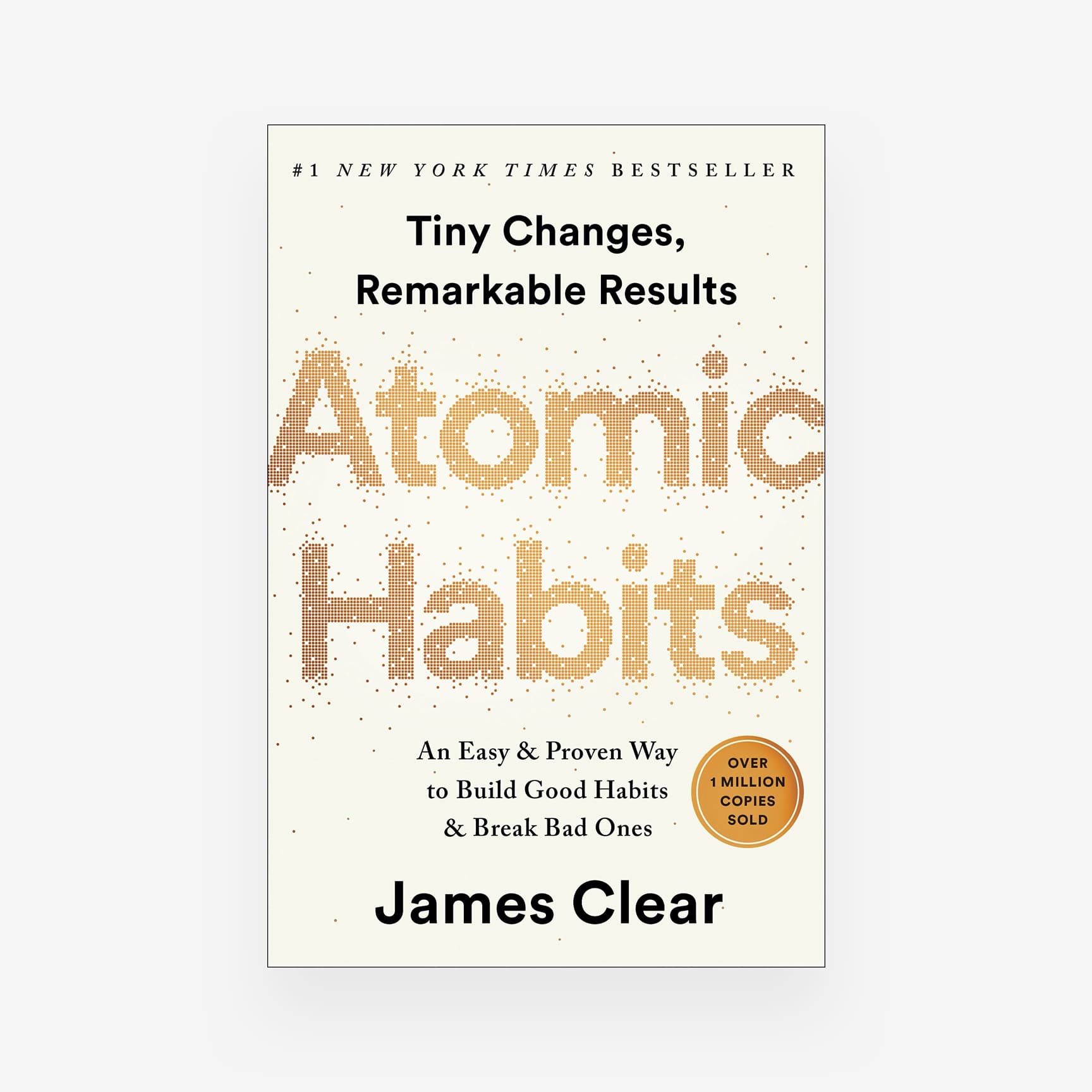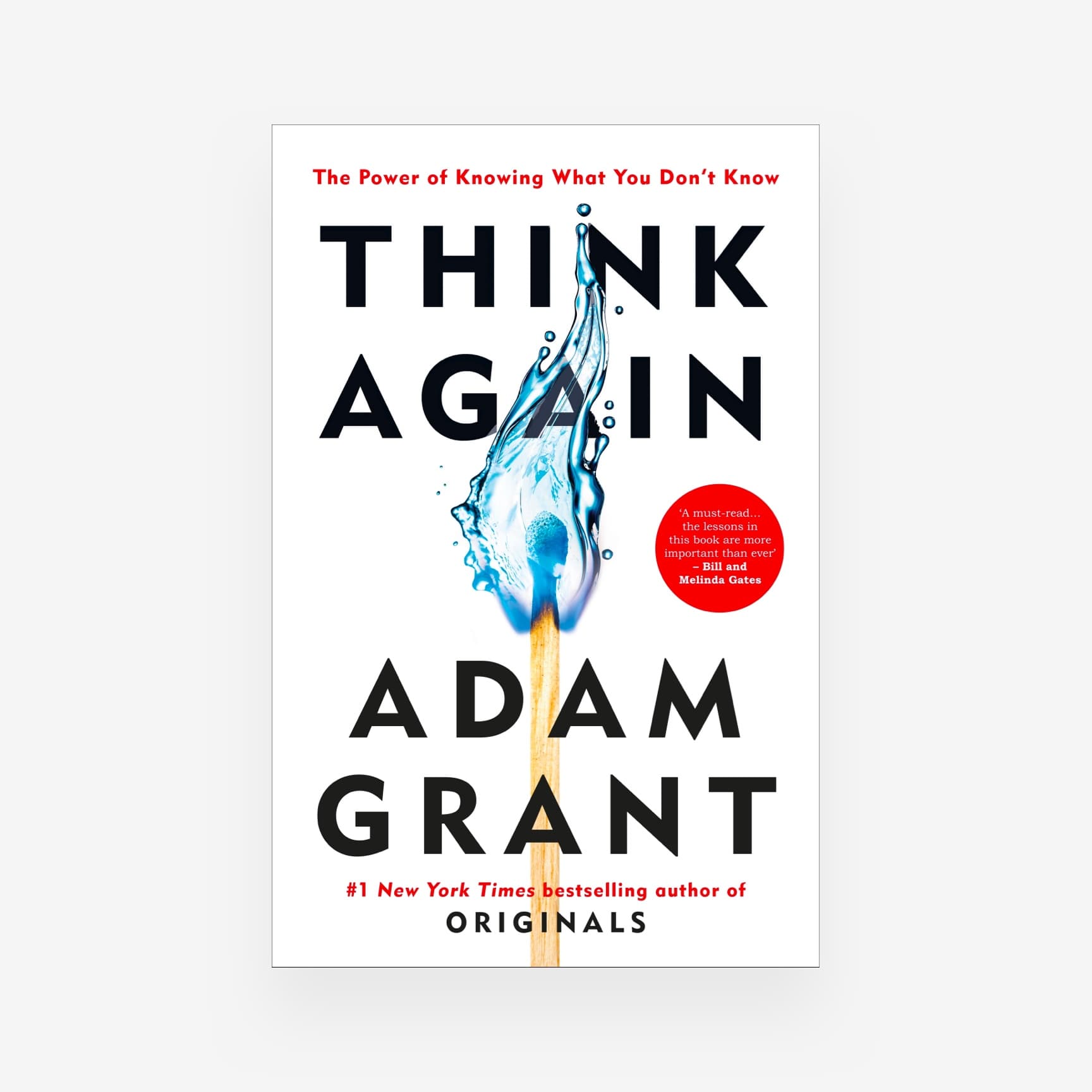Leadership is a journey, not a destination. It’s shaped by your experiences, values, and the knowledge you choose to embrace. It shows up in everyday situations, like when you’re asked to take charge of a team at work, organize a community event, or help a group of classmates reach a common goal. You don’t always have the right answers, but you respond, make decisions, and learn along the way.
These five books provide practical lessons, unique perspectives, and tools for anyone stepping into a leadership role. Rest assured, the ideas in these books are grounded in real-life challenges and not abstract theories or idealistic visions. They offer clear and helpful advice to build your confidence and skills to make it easier for you to guide and support others.
Leaders Eat Last by Simon Sinek

What makes a team truly trust its leader? Simon Sinek explores this through the lens of biology and human behavior. He explains how great leaders create environments where people feel safe, valued, and inspired to give their best. Using examples from various industries and organizations, Sinek shows how trust and collaboration create strong teams.
One of the book’s main ideas is the “Circle of Safety,” a concept that highlights the role of leadership in fostering security within a team, helping individuals focus on collective goals rather than self-preservation.
The title itself is a lesson: leaders prioritize their teams before themselves, just like in the military where leaders eat after their soldiers. It’s a clear guidance on prioritizing people over personal gain. It’s especially relevant for those who want to develop stronger, more cohesive teams.
Good to Great: Why Some Companies Make the Leap... and Others Don't by Jim Collins

Jim Collins presents years of research on what makes some businesses thrive while others stay average. He explains what sets “great” companies apart, and even mentions these companies and how they compare to others in their field who end up “not great.”
One standout concept is the “Hedgehog Principle”: focus on what you’re deeply passionate about, what you can be the best at, and what drives your economic engine. These three factors combined can help you find clarity in your goals; a simple framework for identifying where your strengths, passions, and opportunities overlap.
Collins also explores the concept of “Level 5 Leadership.” These leaders balance humility with ambition and prioritize the success of their team or organization over personal accolades. It’s an insightful take on leadership for anyone striving to make a lasting impact.
Zero to One: Notes on Startups, or How to Build the Future by Peter Thiel

Peter Thiel, a Silicon Valley pioneer and co-founder of Paypal, challenges readers to think differently. He focuses on the importance of creating unique solutions instead of copying what’s already been done. “Going from zero to one” means building a unique solution that didn’t exist before.
Thiel provides actionable advice for those who want to take risks thoughtfully and lead with creativity. While the book is rooted in startup culture, its lessons are valuable for anyone aiming to innovate, regardless of their field.
Why does this matter for leadership? This book pushes one to explore new possibilities and question the status quo; to challenge norms and look ahead; that being safe is not a good strategy; and that bold, unconventional thinking can set you apart. The mindset it fosters is valuable for anyone who wants to bring fresh ideas to their team or community or wants to take risks thoughtfully.
The 7 Habits of Highly Effective People by Stephen R. Covey

Stephen Covey’s guide to personal and professional effectiveness is a timeless resource. The seven habits offer clear steps for improving how you manage yourself, your time, and your relationships.
“Begin with the End in Mind” is particularly relevant for leaders. It emphasizes the importance of having a vision and aligning your actions with your long-term goals. It’s both a classic and a manual for personal and professional growth.
More concepts in his book relevant to thoughtful, intentional leadership are the “Put First Things First” habit, which focuses on prioritizing tasks that align with your long-term goals, and the “Seek First to Understand, Then to Be Understood” habit, which emphasizes the importance of listening before responding.
Mindset: The New Psychology of Success by Carol Dweck

What separates people who grow and succeed from those who stay stuck? According to Carol Dweck, it’s their mindset. Leaders with a growth mindset believe that skills can be developed through effort, learning, and resilience. She explains how a “growth mindset” helps leaders view challenges as opportunities for learning and improvement.
For leaders, this is a powerful lesson. How you approach challenges sets the tone for your team. If you’re open to learning and adapting, you’ll encourage others to do the same. You lead people who aren’t afraid to take risks or try new things.
Thus, this book challenges you to rethink how you view failure. Instead of seeing setbacks as the end, what if you saw them as opportunities to learn?
Why These Books
These books were chosen because they cover essential aspects of leadership: supporting your team, making strategic decisions, thinking creatively, developing strong habits, and fostering a growth mindset. They provide actionable strategies that can be applied in real situations, whether you’re leading a small team or a large organization. Each one offers practical advice you can start applying right away.
Here’s how to make the most of them:
- Start Small: Choose one book that resonates with you and focus on implementing one idea at a time. Then, reflect as you read. Think about how the concepts apply to your current role or goals.
- Discuss: Share your insights or learning with your team or peers to deepen your understanding.
- Apply: Leadership is what you know and what you do at the same time. Test these lessons in real-life situations. Practice; take one idea from each book and apply it in real life.
Let these books challenge your perspective, spark new ideas, and push you to lead with purpose and confidence. The best leaders are lifelong learners—and this list is a great place to begin.
Suggested reads:






















